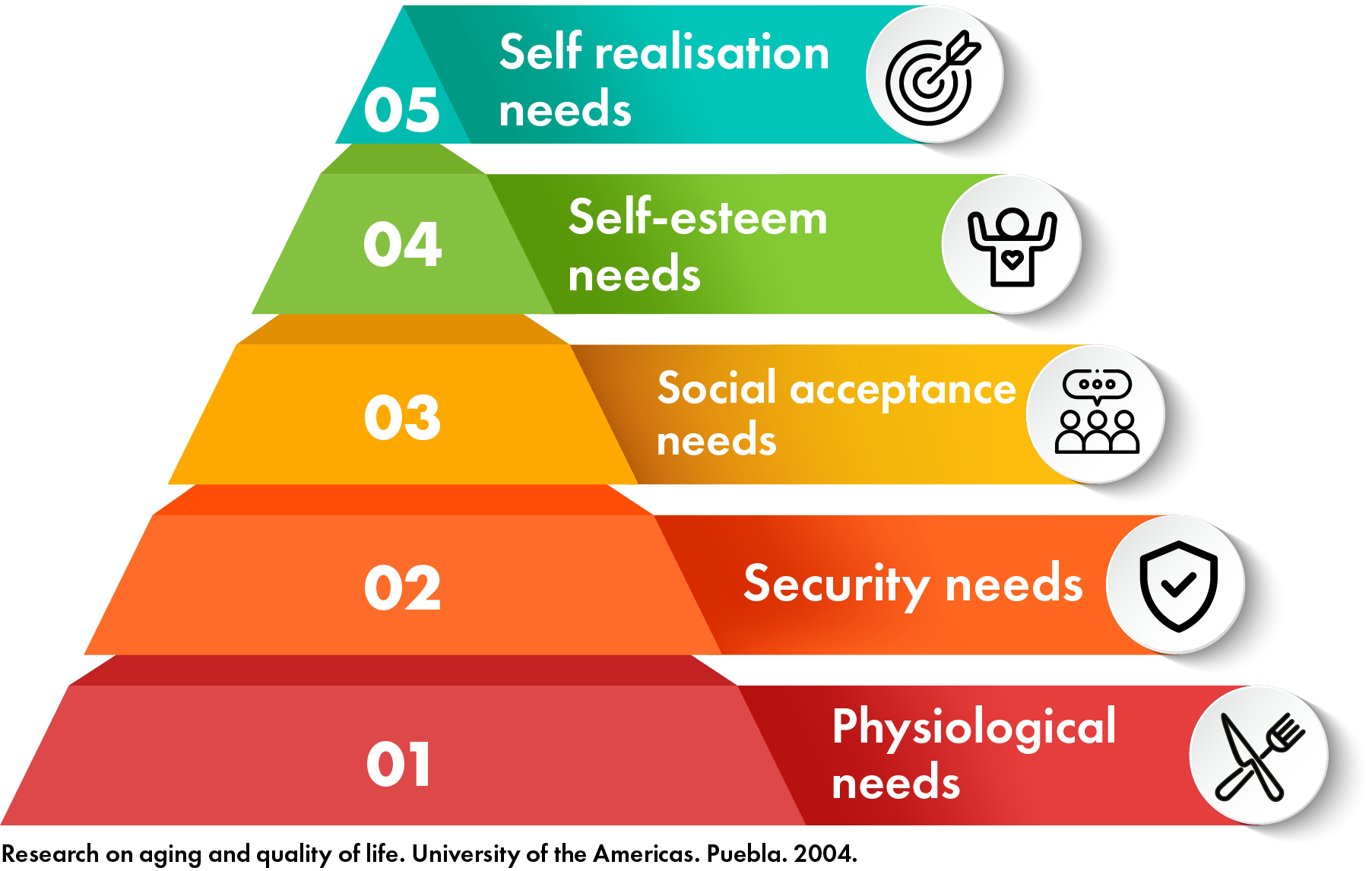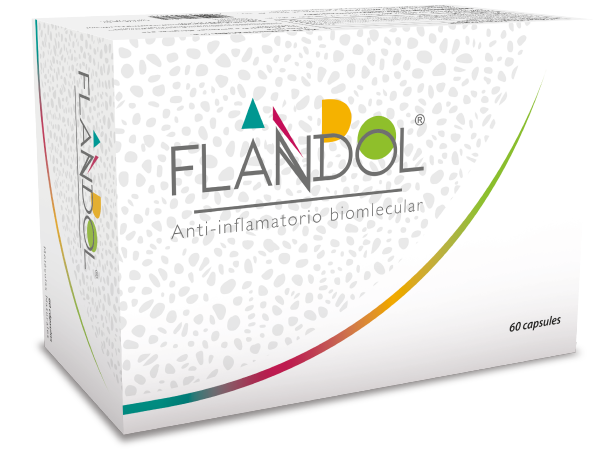
By Dr. Jorge Vargas
There is currently no definition as such on quality of life, however, this relates to a person’s objectively measurable conditions, including physical health, living conditions, social relations, functional activities and occupation added to this personal satisfaction. The concept of quality of life is intimately related to the different needs of a person who may be basic, which once satisfied are not paid attention, while there are others that do not disappear and are focused on relationship with others.

Let us remember with this definition of quality of life the concept of health according to WHO (global health organization) that refers to the complete state of physical, mental and social well-being not only in the absence of disease, this is important since it integrates all the components that define the quality of life.
It is important to mention that the quality of life will be influenced by multiple aspects as we saw above, however it should be focused that quality of life is also included within the disease and it is here that flavonoid-based therapies take on greater importance as they participate in two important mechanisms that occur in chronic diseases which are oxidative stress in sustainable chronic inflammation in sustainable chronic inflammation, so the use of flavonoids neutralize and reduce these mechanisms which will translate into patients as a decrease in the symptoms that these diseases produce and thus positively influence the quality of life. To do this it is important to mention that therapy with the use of flavonoids must be continuous and for this they arise various medicines such as Oconex®, Limtox®, Flandol®, NorBrain® and Balanat®.

Role of quality of life in health
The quality of life refers to assessing the impact that chronic diseases have on health-disease and how this may be conditioned with the effectiveness of medical treatment options.
Currently chronic diseases and disabilities have seen a significant increase in recent years and that is why the global health organization estimates that by 2030 these diseases would occupy the first place of morbidity on the world.
Every year around the world:
- 5 million people die from tobacco use.
- About 3 million people die from obesity consequences.
- 5 million people die from increased cholesterol in the blood.
- 7 million people die from hypertension.
People over the age of 70 are often considered to be the most affected by chronic diseases, however, there is a significant mortality rate in people under the age of 60.
Actually, chronic diseases such as diabetes, hypertension and obesity are now more commonly present in young people, so they have an increased risk of cardiovascular, kidney and even neurodegenerative diseases, as well as an increased likelihood of developing some type of cancer.
Great countries at the moment have a new goal focused on reducing risk factors related to chronic diseases.
Which risk factors shoud change?
Reciting mainly tobacco use and excessive alcohol intake, poor diet, lack of physical activity.
WHO says chronic disease mortality increased by 57% of total mortality in 1990 and 65% in 2010 and it is estimated that these numbers are increasing rapidly and project to increase a proportion of deaths to increase by around 70% by 2030.
Chronic diseases will be the main public health challenge in the 21st century, improving the detection and treatment of these diseases and preventing complications will be the main goals of clinical medicine.
How the inmune system influences the quality of life?
The immune system is responsible for distinguishing between the same and any agent outside the body such as microorganisms (bacteria, viruses, fungi) and foreign substances (antigens).
This protection function is performed by two types of response, innate and adaptive.
Our immune system has the ability to prevent the development of infectious processes throughout life from birth. The immune system must work exactly because if this fails it can attack and damage the cells or tissues of the body itself, resulting in certain immune disorders that result in autoimmune diseases and cancer. It is vitally important that our immune system remains in balance, as this is part of an optimal quality of life.
What to do to mantain an adequate quality of life?
As mentioned above, we must modify certain risk factors, as well as keep our immune system in optimal conditions, there are treatments that contribute to the stimulation of the immune system, as well as to reduce states of oxidation in the body caused by physiological and pathological processes of our body.
Flavonoids are phytonutrients that participate in oxidative stress states, neutralizing these reactions that are part of chronic degenerative diseases such as diabetes, hypertension, rheumatoid arthritis, systemic lupus erythematosus, Alzheimer’s, Parkinson’s, cancer, among others.
NorBrain® is a flavonoid-based treatment, focused on the prevention and progress of neurodegenerative symptoms caused by oxidative damage that occurs to the structure and signaling of neurons, making it useful in patients with memory loss, lack of concentration, involuntary movements, tremor, attention deficit, etc.
Oconex®, focused on treatment as an adjuvant in cancer, helps to prevent physical deterioration, as well as to reduce the adverse effects caused by conventional treatments. Oconex® acts on the different cellular mechanisms of carcinogenesis.
Flandol® is a drug focused on chronic inflammatory diseases, mainly such as rheumatoid arthritis, osteoarthritis, psoriasis, cancer pain. Flandol® is effective in reducing pain secondary to chronic diseases, so pain reduction has a significant impact on quality of life.
Limtox® and Balanat®, these two drugs are actively involved in the stimulation of the body’s defense or immune system. Both contain bioactive molecules with beneficial cellular effects, which are involved in cell detoxification, as well as in the interruption of the carcinogenesis process.
Bibliography:
- Urzua A, SCIELO. Quality of life, a theorical review of the concept. 2012. Available at: https://scielo.conicyt.cl/pdf/terpsicol/v30n1/art06.pdf








He visto muchos programas o entrevistas del Dr, Jacobo Aguilar y algunas veces lo he escuchado en Radio Sonora, sea por eso que he decidido llevar a cabo mi primera consulta, con la Confianza en DIOS en que ellos puedan ayudarme a recuperar mi salud. Que DIOS les bendiga. Amén.